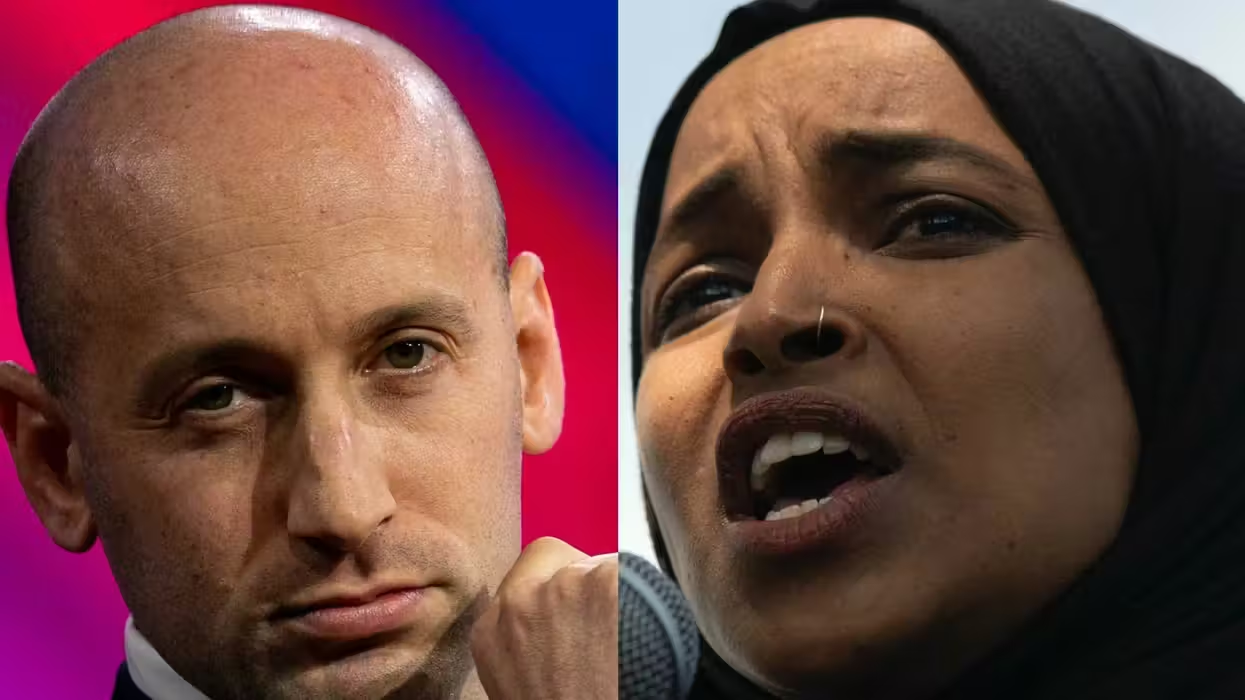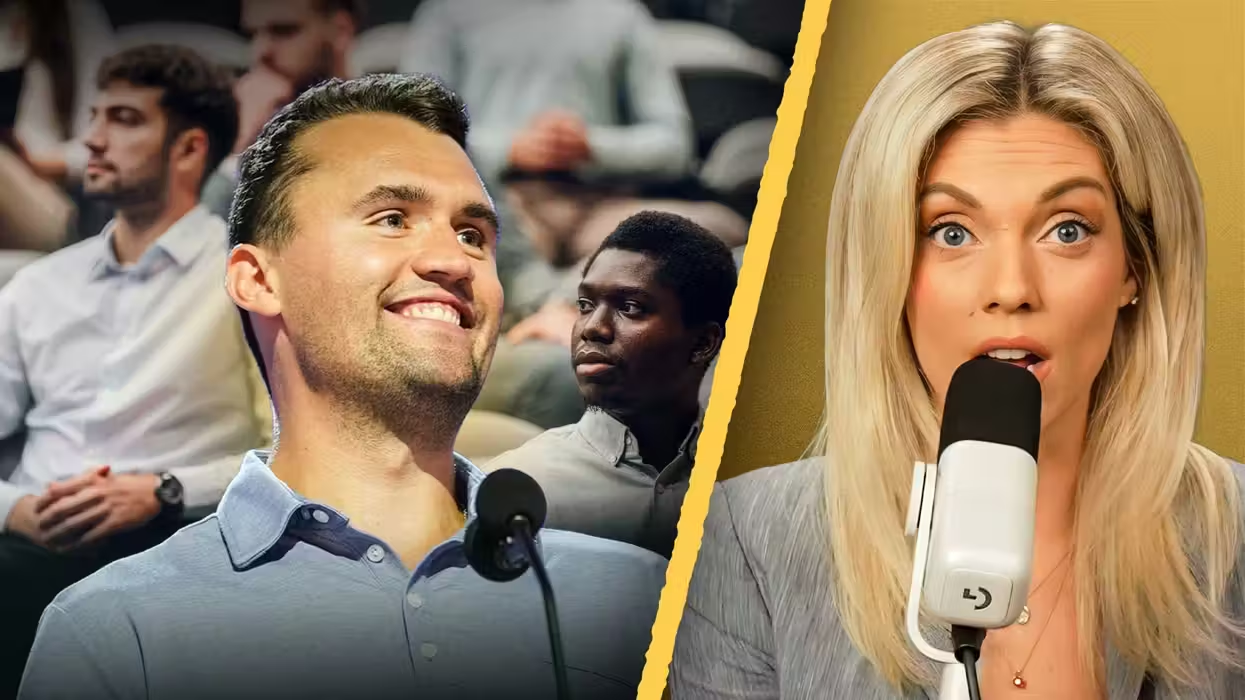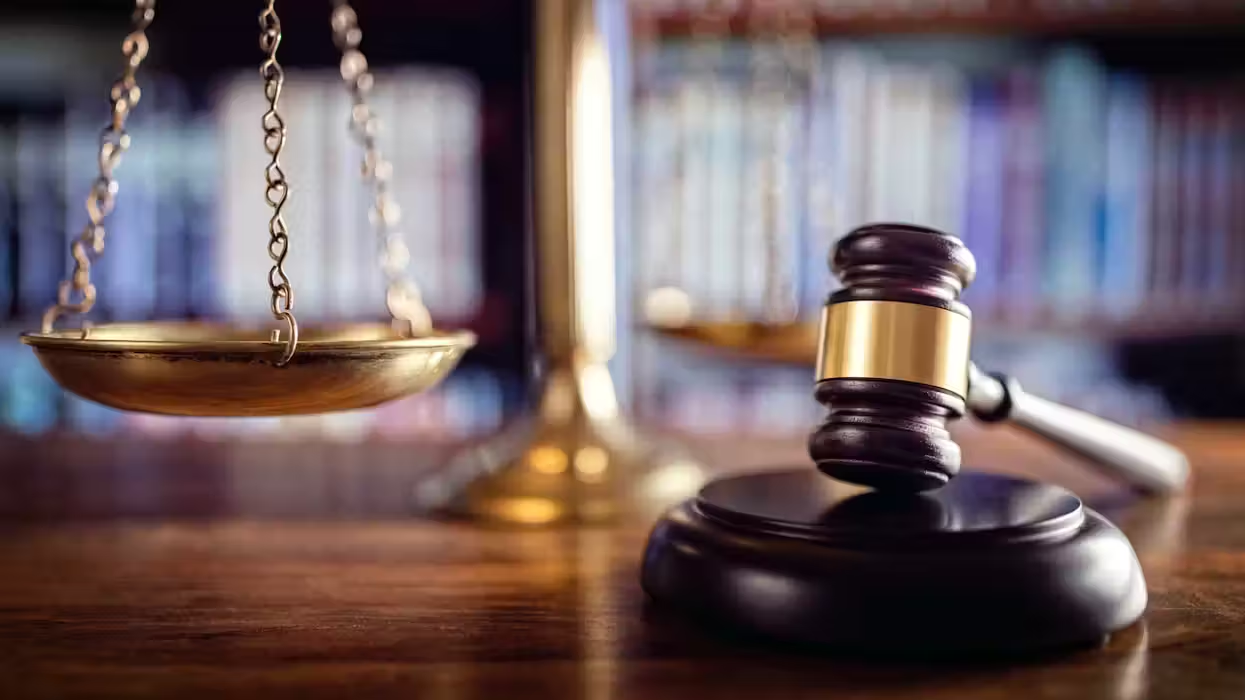© 2025 Blaze Media LLC. All rights reserved.
British Gov't Changes Tune on Website Shutdown During Time of Social Unrest
November 02, 2011
"The balance we have got to strike is between freedom and a free-for-all."
 LONDON (The Blaze/AP) — Just a couple months ago, the British government suggested shutting down social media sites being used to coordinate looters efforts in the London riots. Now, after further consideration on the topic, it is backtracking saying that governments must not clamp down on Internet and mobile phone networks at times of social unrest.
LONDON (The Blaze/AP) — Just a couple months ago, the British government suggested shutting down social media sites being used to coordinate looters efforts in the London riots. Now, after further consideration on the topic, it is backtracking saying that governments must not clamp down on Internet and mobile phone networks at times of social unrest.
Foreign Secretary William Hague said the fact that criminals and terrorists can exploit digital networks is not "justification for states to censor their citizens."
And Prime Minister David Cameron said governments "must not use cybersecurity as an excuse for censorship or to deny their people the opportunities that the Internet represents."
After riots spread across England in August — with the help of instant digital communications — Cameron briefly raised the idea of giving British authorities greater power to disrupt the use of cell phone services or social networking tools during civil unrest.
In August, The Blaze reported Cameron as saying:
“Free flow of information can be used for good. But it can also be used for ill. So we are working with the Police, the intelligence services and industry to look at whether it would be right to stop people communicating via these websites and services when we know they are plotting violence, disorder and criminality.”
Cameron and Hague spoke at a two-day international cybersecurity conference that opened this past Tuesday in London. Their stance contrasts with calls by Russia and China for tighter regulation of the Internet through binding international treaties.
Britain supports the less proscriptive idea of internationally agreed online "norms of behavior." That approach was backed by U.S. Vice President Joe Biden, who warned against imposing a "repressive global code" for the Internet.
"What citizens do online should not, as some have suggested, be decreed solely by groups of governments making decisions for them somewhere on high," Biden said in a speech delivered by videolink from Washington.
Biden said the U.S. opposed "an international legal instrument that would lead to exclusive government control over Internet resources, institutions and content and national barriers on the free flow of information online. "
The conference is being held amid a rapid rise in cyber attacks on governments and businesses — from criminals, terrorists and other states. Just yesterday, cyber attacks on at least 48 chemical and defense companies was traced back to China according to a report reported on by The Blaze.
Here's a EuroNews report from earlier in the week, providing an overview of what was discussed at the conference:
Cameron said cybercrime cost Britain 27 billion pounds ($43 million) a year, and that the country faced daily "attempts on an industrial scale to steal valuable information from individuals and companies."
The prime minister told the conference that governments "cannot leave cyberspace open to the criminals and the terrorists that threaten our security and our prosperity but at the same time we cannot just go down the heavy-handed route."
"The balance we have got to strike is between freedom and a free-for-all," he said.
Hague said Britain rejected "the view that government suppression of the Internet, phone networks and social media at times of unrest is acceptable."
The British government took a tougher line after riots flared across England in August, the country's worst social unrest in decades.
Police accused young criminals of using Facebook, Twitter and Blackberry's instant messaging service to coordinate looting sprees. Several people have been convicted of inciting violence using social media, including two men jailed for four years each for trying to start riots with Facebook postings.
Cameron said after the riots that the government would look at whether cell phone services and social networks could be disrupted during disorder. Executives from Facebook, Twitter and BlackBerry maker Research in Motion Ltd. were summoned for crisis talks with senior government officials.
After meeting the media firms, the government said it would not seek new powers to shut down Facebook, Twitter or BlackBerry Messenger in times of crisis, but would "build on the existing relationships and cooperation to crack down on the networks being used for criminal behavior."
Civil liberties groups said Britain and other Western governments should take care not to fall into a double standard.
"It's very easy to defend the case of black and white — human rights against dictatorships around the world," said John Kampfner, chief executive of Index on Censorship. "But as soon as our own Western-style stability of the state is called into question, well then freedom of expression is expendable.
"There should be one rule for all, including Western governments."
Want to leave a tip?
We answer to you. Help keep our content free of advertisers and big tech censorship by leaving a tip today.
Want to join the conversation?
Already a subscriber?
more stories
Sign up for the Blaze newsletter
By signing up, you agree to our Privacy Policy and Terms of Use, and agree to receive content that may sometimes include advertisements. You may opt out at any time.
Related Content
© 2025 Blaze Media LLC. All rights reserved.
Get the stories that matter most delivered directly to your inbox.
By signing up, you agree to our Privacy Policy and Terms of Use, and agree to receive content that may sometimes include advertisements. You may opt out at any time.






